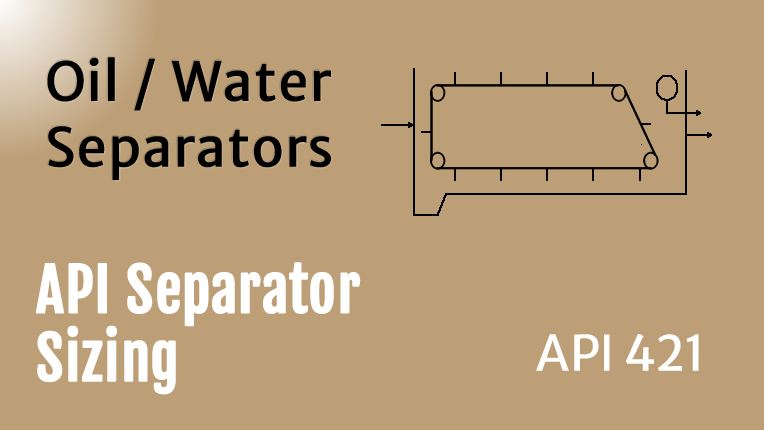You can master the treatment of complex oily waters with engineered solutions from Sumio Water. Specifically, this tag covers the specialized strategies needed to manage such wastewater. These streams are often contaminated with hydrocarbons, fats, and greases across various industrial sectors.
“Oily Waters” is a broad category. In fact, it encompasses some of the most challenging effluents that require robust and reliable treatment. For this reason, this tag connects you to a wealth of information on handling these streams. Proper handling, for instance, ensures environmental compliance. Furthermore, it enables water reuse and allows for the recovery of valuable products. Therefore, our expertise is focused on providing durable and efficient solutions for today’s demanding market and beyond.
Oily Waters
- Refinery Effluents: First, discover proven methods for treating wastewater from oil refineries. This is important because this water often contains a complex mix of contaminants. For example, it includes free, emulsified, and dissolved oils.
- Produced Water: Next, learn about the technologies used to treat produced water. These systems handle the large volumes of water generated during oil and gas extraction. Consequently, this treatment is a critical step for both onshore and offshore operations.
- Edible Oil & Food Processing Wastewater: In addition, find solutions for managing wastewater from food production facilities. In this sector, the removal of fats, oils, and greases (FOG) is essential. As a result, it prevents sewer blockages and helps meet discharge regulations.
- General Industrial Runoff: Finally, you can access information on treating stormwater and process water. This is particularly relevant for manufacturing sites, tank farms, and maintenance workshops. In all these areas, hydrocarbon contamination is a significant risk.
Ultimately, by using the “Oily Waters” tag, you can easily find dedicated resources. These resources include articles, case studies, and technology guides, all created to solve these specific industrial water treatment challenges.

